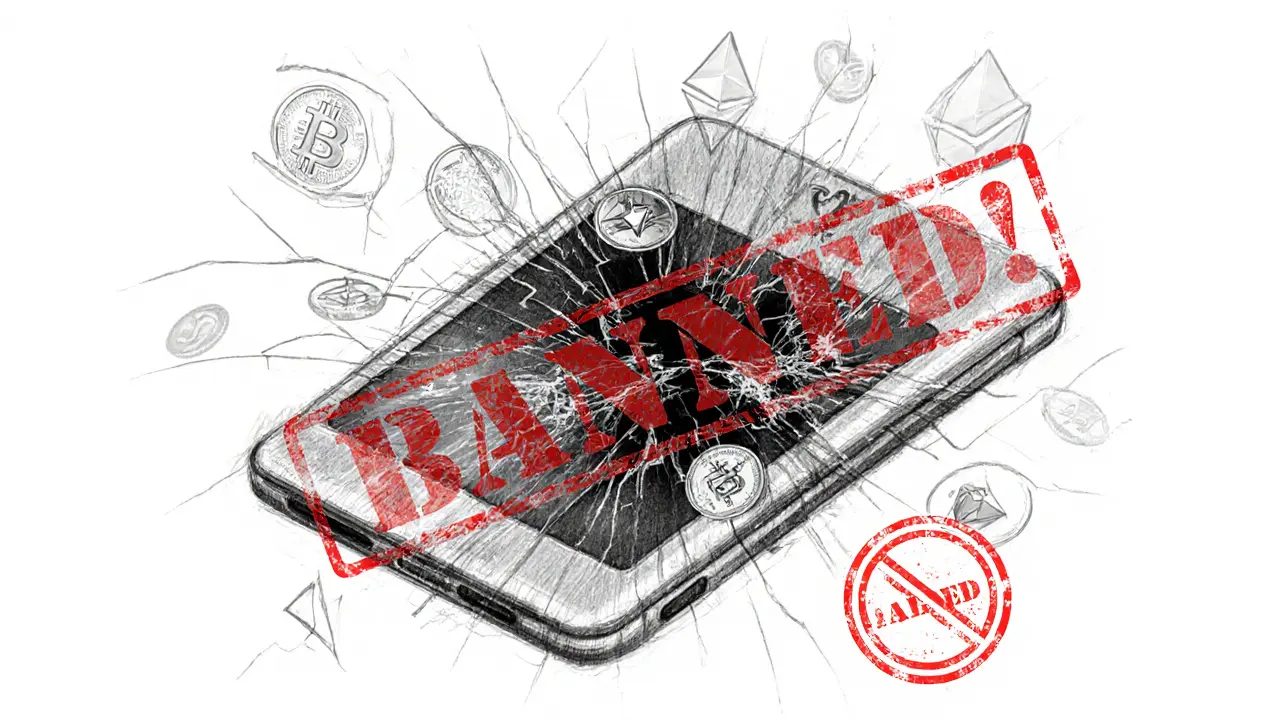China Crypto Mining Ban: What Happened and How It Changed Global Crypto
When China crypto mining ban, a sweeping government crackdown on cryptocurrency mining operations that began in 2021. Also known as China's crypto mining prohibition, it wasn't just a policy shift—it was a seismic event that sent shockwaves through the entire blockchain industry. Before 2021, China controlled over 60% of the world's Bitcoin mining power. Miners flocked there because of cheap electricity, mostly from hydro and coal plants in provinces like Sichuan and Inner Mongolia. Then, overnight, the government declared crypto mining illegal, citing energy waste and financial risk. Thousands of mining rigs were shut down. Factories turned into ghost sites. And the global hash rate dropped by nearly half in months.
The ban didn’t just hurt Chinese miners—it forced a complete rebuild of the industry. Bitcoin mining, the process of validating transactions and securing the Bitcoin network through computational power moved to places with cheap, reliable power: Texas, Kazakhstan, Canada, and Georgia. Miners who stayed in China lost everything. Those who left had to rebuild from scratch—buying new hardware, finding new power contracts, dealing with new regulations. The crypto mining regulation, government rules that define where, how, and under what conditions cryptocurrency mining can operate became the new battleground. Countries that welcomed miners saw an economic boom. Others, like the U.S., scrambled to catch up with tax and environmental rules.
What’s often forgotten is how this changed Bitcoin itself. The network didn’t crash. It got stronger. With miners scattered globally, Bitcoin became more decentralized and resilient. The energy mix shifted too—miners now prioritize renewable sources to stay competitive. This isn’t just history. It’s the blueprint for how crypto survives government pressure. Today, if you’re holding Bitcoin, mining elsewhere, or even just trading crypto, you’re living with the consequences of that ban. The posts below show exactly how it played out: from exchange security shifts to how global regulators reacted, and why scams surged in the chaos. You’ll see real examples of what happened to miners, what happened to prices, and how the rules changed everywhere else.

Legal Status of Cryptocurrencies in China: Complete Ban and Enforcement in 2025
As of 2025, China has banned all cryptocurrency activities including trading, mining, and ownership. Learn how the legal crackdown works, why it happened, and what alternatives like the digital yuan mean for users.
